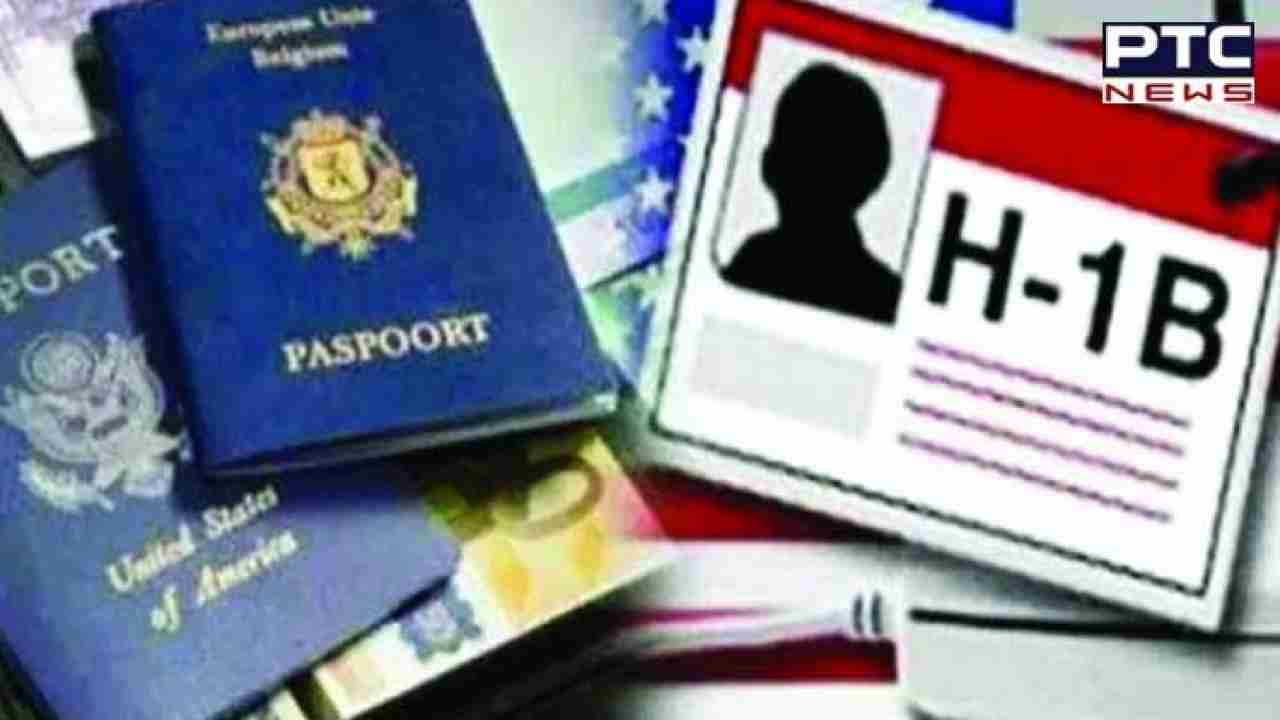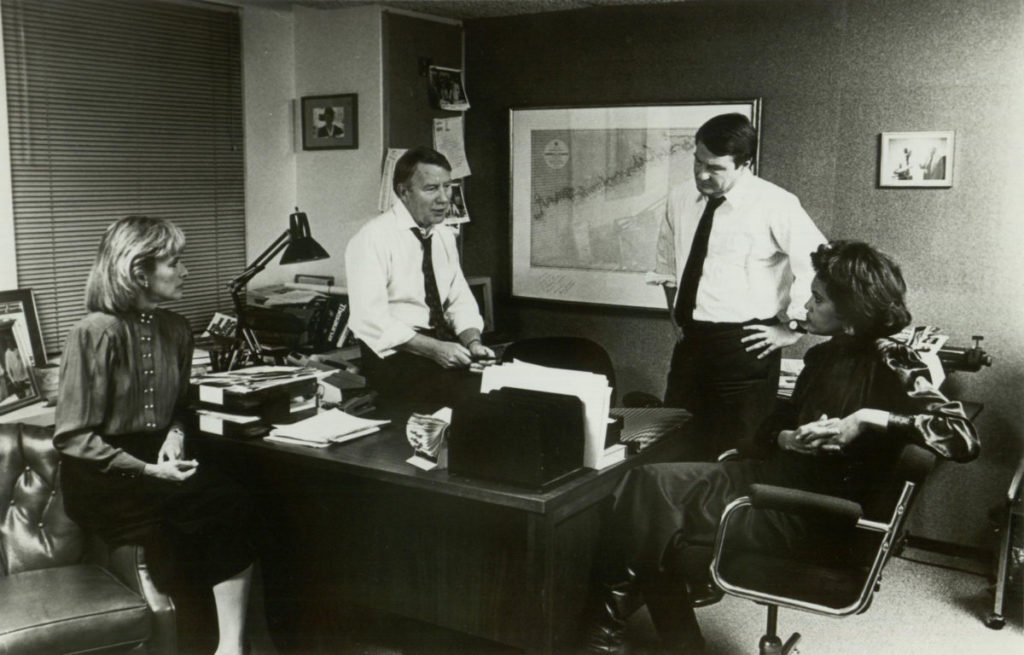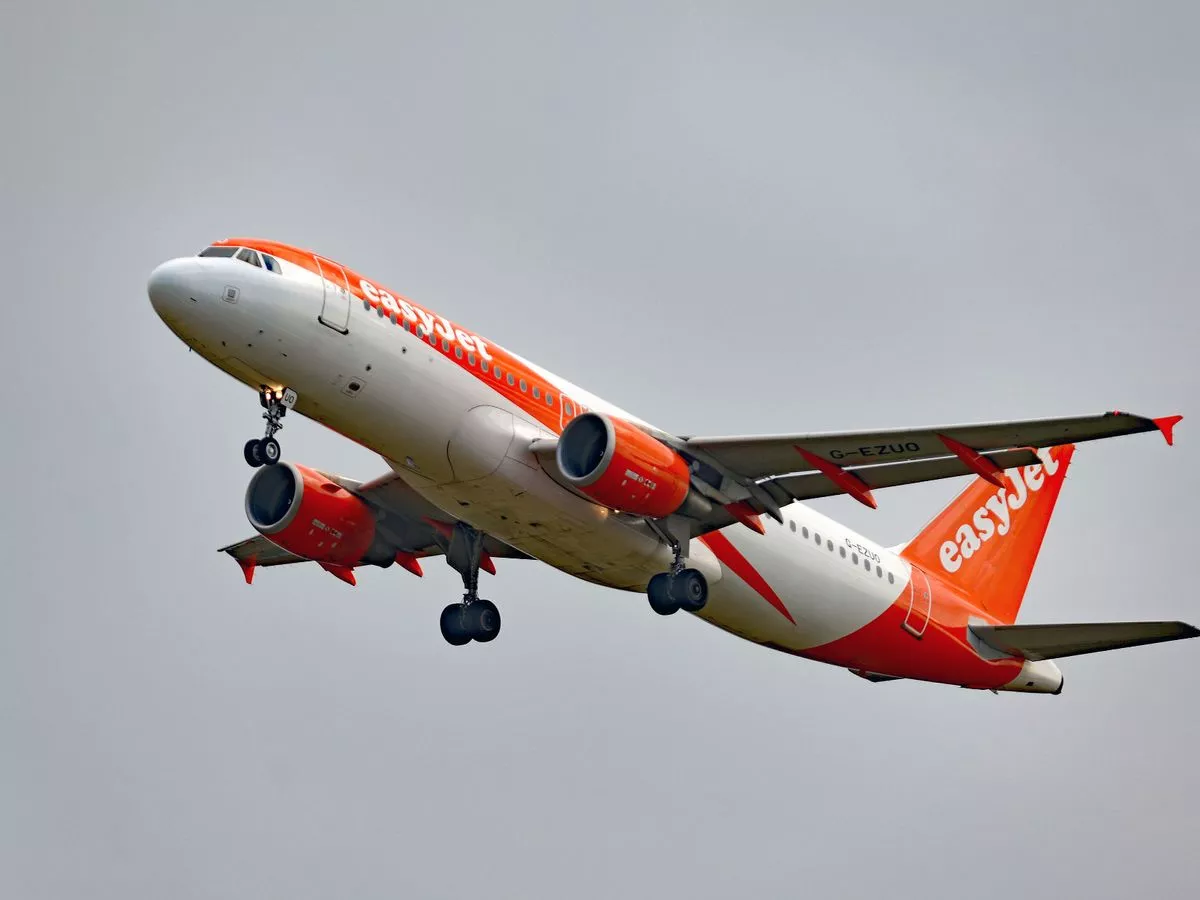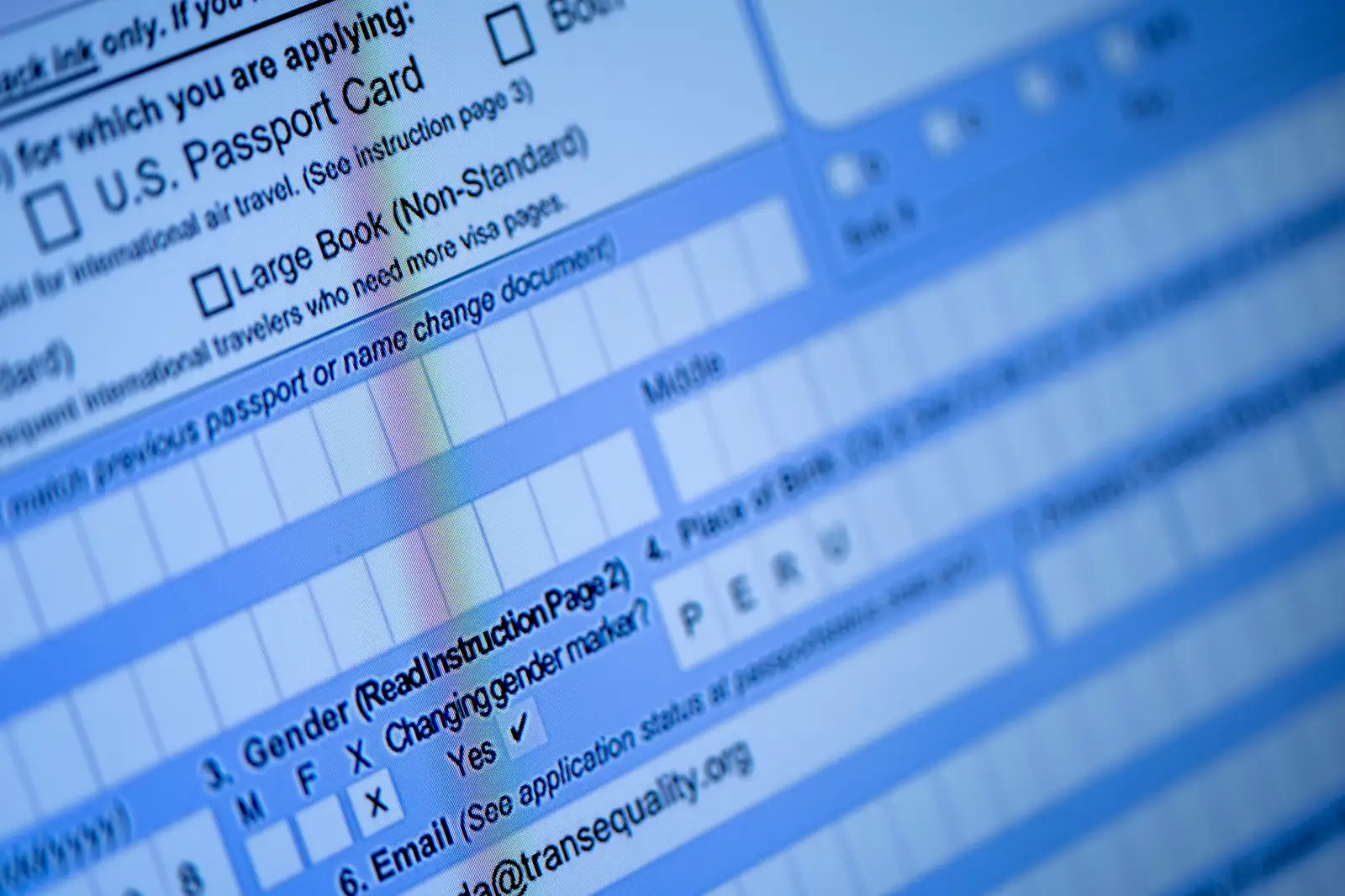Copyright ptcnews

PTC Web Desk: Thousands of Indian professionals and students in the United States have received a major reprieve after the US Citizenship and Immigration Services (USCIS) clarified that the newly announced $100,000 H-1B visa fee will not apply to those already residing in the country on valid visas.The clarification ends weeks of uncertainty following US President Donald Trump’s proclamation introducing a steep charge on employers sponsoring foreign skilled workers. The fee, equivalent to nearly Rs 90 lakh, was set to take effect on September 21, 2025, and had caused widespread panic among Indian professionals, American companies, and immigration lawyers.Who is exempt from new fee In its latest guidance, USCIS stated that the $100,000 fee will not apply to:Individuals already in the US on valid H-1B visas seeking renewal or extension.International students on F-1 visas changing their status to H-1B.Employees holding L-1 intra-company transfer visas and other valid categories currently within the country.The agency clarified that the new rule “does not cover any earlier issued or currently valid H-1B visas, or petitions filed before 12:01 a.m. ET on September 21, 2025.”Additionally, H-1B visa holders will continue to be permitted to travel freely in and out of the United States, a key concern after the initial announcement of the new policy.Why it matters for Indian professionalsThis clarification is particularly important for Indian nationals, who form nearly 70 percent of all new H-1B visa recipients each year. Around 300,000 Indians currently live and work in the US on H-1B visas, primarily in the technology and services industries.The H-1B visa allows highly skilled professionals to work in the US for three years, with an option for another three-year extension. Traditionally, application fees ranged from $215 to $5,000, depending on company size and category. The proposed $100,000 fee would have made the process 20 to 100 times more expensive, potentially unaffordable for smaller companies and startups.The Trump administration defended the policy as an effort to prioritise “high earners” and curb the entry of lower-wage foreign workers. However, the move drew sharp criticism from both US businesses and Indian political leaders.



